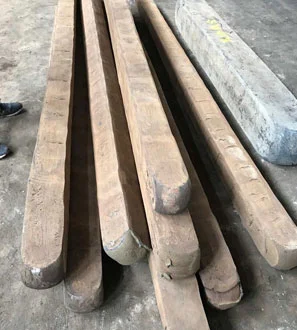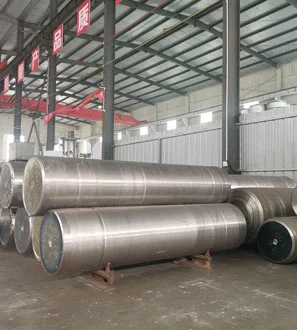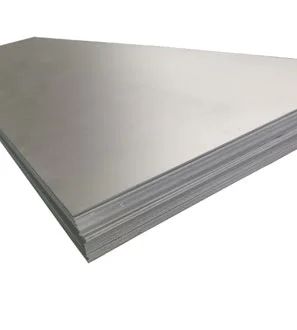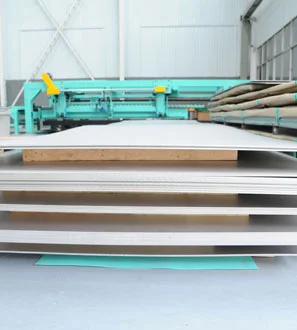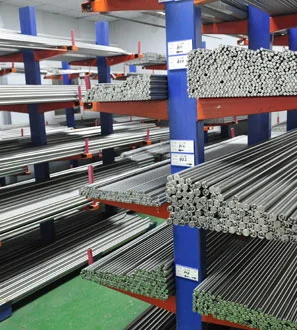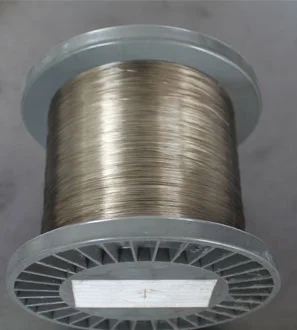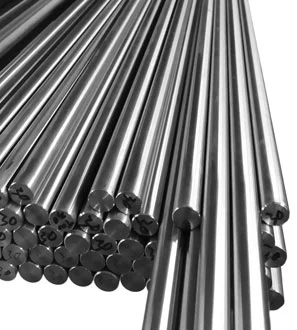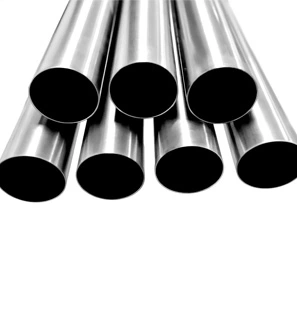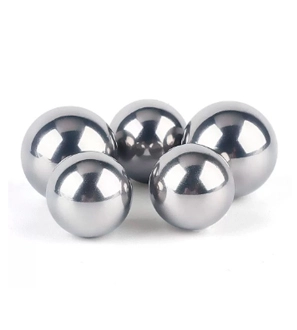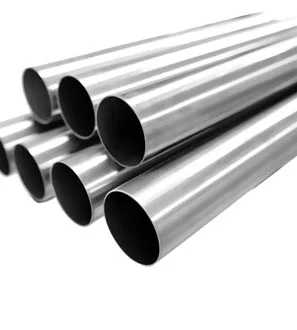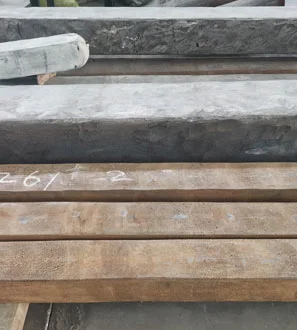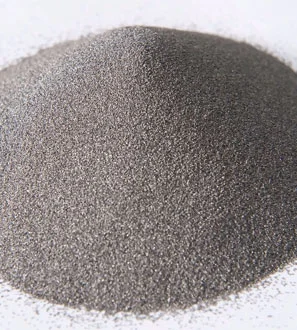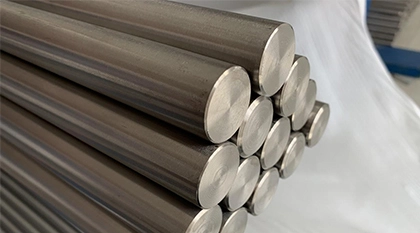Thank you for your
attention on Yesheng !
A Comprehensive Analysis of Titanium Alloys and Pure Titanium: From Characteristics to Applications
In the vast natural world, titanium stands out as a metal element abundantly found in the Earth's crust. Its reserves are astonishingly over 60 times greater than those of the well-known copper. This unique metal is not only lightweight—being half the weight of steel for the same volume—but also twice as hard as aluminum. Moreover, despite being a metal, it possesses no magnetic properties, which offers endless possibilities for various applications.

When it comes to titanium alloys, their outstanding performance is even more remarkable. With high strength, corrosion resistance, heat resistance, and natural antibacterial properties, titanium alloys have become the preferred choice in many high-tech fields. From the vast realms of aerospace and maritime industries to the precision of military equipment; from the complexities of the petrochemical industry to the rapidly evolving automotive manufacturing; and even in the medical field, where titanium alloys are widely used for artificial instruments or implants, significantly improving people's quality of life. In everyday life, titanium alloys are also ubiquitous. Items such as titanium plates, titanium tubes, and titanium wires all add a touch of technological flair to our lives in their unique ways.

However, when we turn our attention to the more refined high-purity titanium, we find that this field is equally full of challenges and opportunities. High-purity titanium, as an emerging excellent material, also has a broad application prospect. Yet, the complexity of its production process leads to high manufacturing costs, which to some extent limits its large-scale application. More critically, countries like the United States and Japan have imposed strict restrictions on the export of high-purity titanium, undoubtedly posing significant pressure on China's research and application of high-purity titanium.

In the face of such circumstances, developing and improving the production process of high-purity titanium and ultra-high-purity titanium has become an urgent task we must confront. Only through continuous technological innovation and breakthroughs can we break the foreign technical blockade and market monopoly, achieving self-sufficient supply and widespread application of high-purity titanium. This is not only about China's core competitiveness in the new materials field but also concerns the long-term overall strategy for national security and economic development.

Therefore, whether it is titanium alloys or pure titanium, their unique properties and wide range of application fields have made them indispensable important materials in modern industry and technological development. How to better utilize these materials to promote technological progress and social development is a direction that each of us needs to think about and strive for.
 English
English  日本語
日本語  한국어
한국어  français
français  Deutsch
Deutsch  русский
русский 









